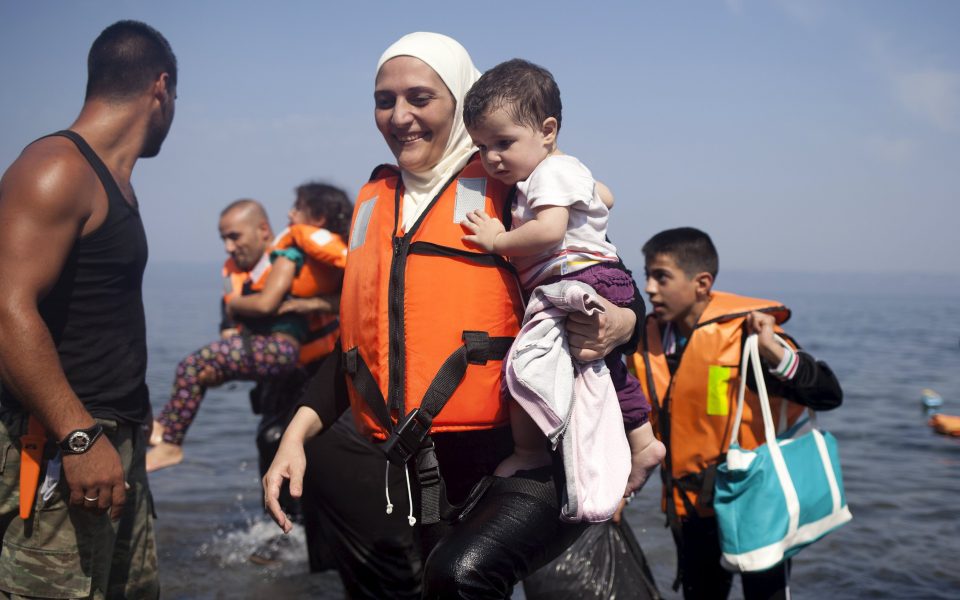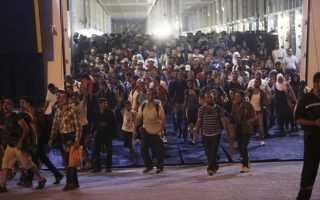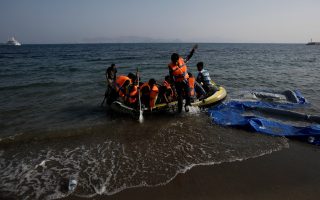EU pushing to relocate many more migrants across bloc

European Union officials are preparing to push EU governments to take in many more asylum-seekers from overburdened frontier states but several countries renewed their criticism on Thursday of binding quotas for refugees.
Donald Tusk, president of the European Council which groups leaders of the 28 states, said as he welcomed Hungarian Prime Minister Viktor Orban: "Fair distribution of at least 100,000 refugees among the EU states is what we need today."
Jean-Claude Juncker, president of the European Commission, the EU executive, is due to unveil new proposals on the crisis next week and diplomats expect him to renew a suggestion, so far rejected by the Council of national leaders, to fix binding quotas for countries to take in asylum-seekers and refugees.
Having refused Juncker’s system in June, governments have so far voluntarily offered to resettle 22,000 refugees from centers outside Europe and relocate 32,000 people who in Greece and Italy who have claimed asylum there under EU rules.
A Commission spokeswoman declined comment on reports of details of what Juncker is considering.
However, one senior source in the executive told Reuters that a plan was in preparation to relocate a further 120,000 from frontline states where large numbers have gathered.
Crucially, in response to renewed rejection of binding quotas from Hungary, Poland and other poorer former Communist countries in the east, governments would be offered the option of making financial contributions instead of taking in people.
Orban said he disagreed with quotas, saying they distracted the debate from what he viewed as the main problem – the failure to seal the EU’s external borders in the way he has tried to do by building a fence – and also were "an invitation" to migrants.
Polish Prime Minister Ewa Kopacz also renewed her rejection of taking a set quota of migrants, which the Commission has proposed would be determined by variables including the population and economic situation of different EU countries.
Tusk, Kopacz’s predecessor in Warsaw, however echoed pointed criticism among western governments of their eastern counterparts, noting that these countries had benefited in the past from financial transfers from the EU budget.
"The countries that are not directly affected by this crisis and have experienced solidarity from the EU in the past should show it to those in need," Tusk said.
"Today it is truly a paradox that the biggest countries in Europe, like Germany and Italy, need our solidarity."
He also noted, however, that Hungary would benefit from a system of relocating people away from the frontier states. [Reuters]





